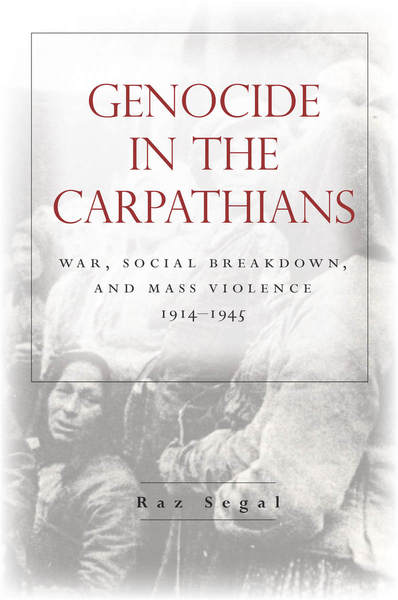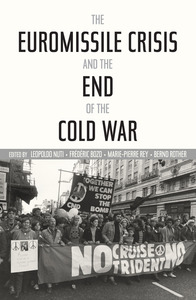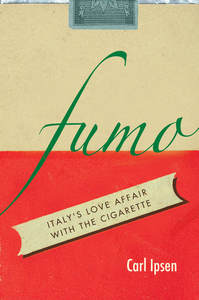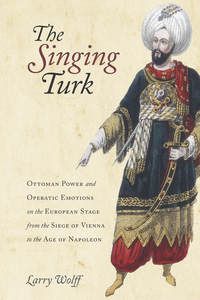Genocide in the Carpathians presents the history of Subcarpathian Rus', a multiethnic and multi-religious borderland in the heart of Europe. This society of Carpatho-Ruthenians, Jews, Magyars, and Roma disintegrated under pressure, first from interwar Czechoslovakia, and, during World War II, from the onslaught of the Hungarian occupation. Charges of "foreignness" and disloyalty to the Hungarian state linked antisemitism to xenophobia and anxieties about national security. Genocide unfolded as a Hungarian policy, and Hungarian authorities committed state-sponsored robbery, deportations, and mass killings against all non-Magyar groups.
In considering the events that preceded the German invasion of Hungary in March 1944, this book reorients our view of the Holocaust not simply as a German drive for continent-wide genocide, but as a truly international campaign of mass murder, related to violence against non-Jews unleashed by projects of state and nation building. Focusing on both state and society, Raz Segal shows how Hungary's genocidal attack on the people of Subcarpathian Rus' obliterated lives and social ties that encapsulated a way of life for both Jews and non-Jews that today, from our vantage point of our world of nation-states, we find difficult to imagine.
About the author
Raz Segal is Assistant Professor in Holocaust and Genocide Studies at Stockton University.
"Relevant to the wider historiography of the Holocaust, genocide in general, and ethnic cleansing in Europe, this book is a very serious contribution to the current debates on these subjects. The critique of the timeless notion of anti-Semitism as supposedly possessing sufficient explanatory power regarding persecution of the Jews is sound and very productive. This is an exemplary piece of scholarship."
—Vladimir Solonari, University of Central Florida
"In offering a novel interpretation of the source material that aspires to go beyond simply filling a hole in the historiography, the author presents many perspectives and draws on an impressive array of primary and secondary sources to construct an engaging narrative."
—Holly Case, Cornell University
"Genocide in the Carpathians is an assured and original contribution to the field of modern European history. By looking at the experiences of different groups—Jews, Ruthenians, and Roma—over time and under different regimes, Segal challenges historians to think beyond a German-centric explanation for the Holocaust and towards genocide as a result of the interplay of state-building, ethnic relations, local politics and international diplomacy."
—Dan Stone, Royal Holloway, University of London
 PRESS
PRESS











